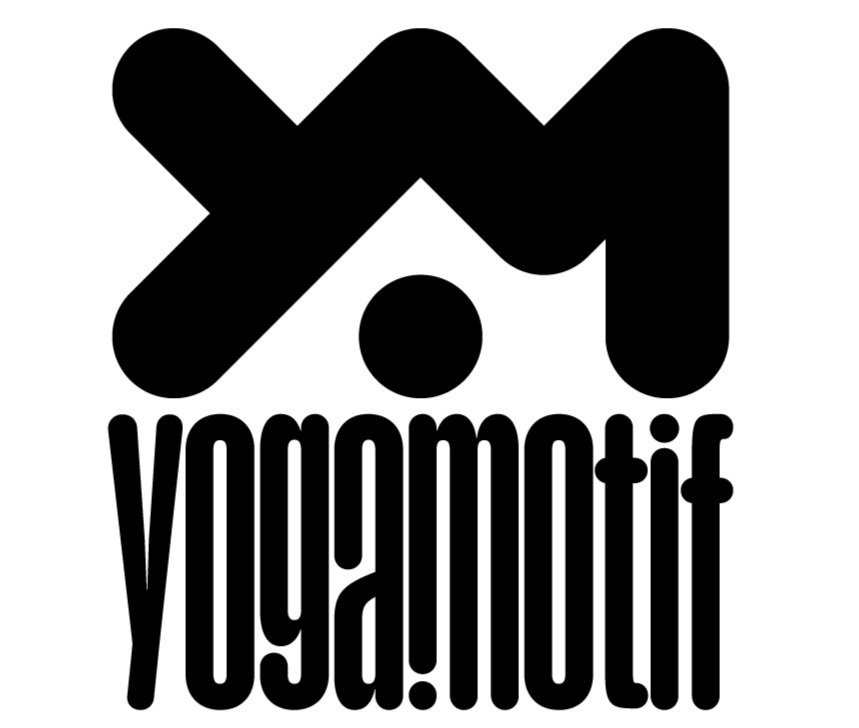Celebrating Black Breastfeeding Week
Breast + chestfeeding is not just about nourishing a newborn; it’s a deeply personal connection between a caretaker and child. However, not all parents have equal access to the benefits and support that breast + chestfeeding can offer.
Black breastfeeding week is an annual observance that shines a light on disparities faced by Black parents and caretakers in accessing resources and support.
Let’s dive into the significance of Black Breastfeeding Week and the essential role of inclusive practices, while also uplifting the importance of transgender chestfeeding experiences.
Black breastfeeding week is observed from August 25th to August 31st, and was founded in 2013 by Kimberly Seals Allers, Kiddada Green, and Anayah Sangodele-Ayoka. Its purpose is to increase awareness around the unique challenges faced by Black parents and caretakers in their breast/chestfeeding journeys. This awareness creates space to advocate for more equitable access to healthcare resources, community support, and postpartum education. Black parents and caretakers face systemic barriers, including limited access to lactation consultants, culturally insensitive healthcare practices, and societal stigmatization. Black breastfeeding week seeks to address these barriers head-on, emphasizing that breast/chestfeeding is not just a personal choice, but a communal effort.
Why Breast + Chestfeeding Accessibility Matters
Health equity: breast milk provides great nutritional value and aids the immune system, while also cultivating an emotional bond. Promoting this practice can contribute to narrowing health gaps and offering options to Black infants and their caretakers.
Cultural Sensitivity: Recognizing cultural differences and traditions is crucial in creating a welcoming environment. Inclusive lactation support that acknowledges cultural nuances helps to build trust. Allowing Black parents and caretakers to feel confident in seeking guidance without fear of judgment.
Community Empowerment: Breast and chestfeeding support networks can serve as pillars of strength and grounding for Black parents and caretakers. When our community comes together, we can celebrate each unique breast/chestfeeding journey, fostering a sense of belonging and empowerment. This also offers an abundance of perspectives; challenging historical narratives, stereotypes and misconceptions.
Beyond the binary
Another essential piece to nurturing equity and inclusion, is recognizing that the journey of parenting and providing for a newborn is not limited to cisgender individuals. Transgender parents may choose to chestfeed their infants, and normalizing terms like chestfeeding show respect and inclusion of diverse gender identities.
But this work goes beyond just language. Inclusive support for non-binary caretakers include:
Education for healthcare providers and lactation consultants, allowing them to offer tailored support and reduce harm.
Respect for identity: Respecting and affirming a person’s name and pronouns is crucial to allowing everyone to feel seen and cared for.
Accessible resources: It is helpful to be knowledgeable of accessible resources that address unique needs and ensure support and guidance are available
Let us find joy in uplifting Black Breastfeeding week and sit with the reminder that each journey to parenthood is deeply intersectional. We must consider cultural, social and systemic factors and recognize the challenges faced by Black parents and caretakers. By collectively supporting each unique and individual journey, we can enrich the lives of those in our community and redirect the narrative.
We are so glad you’re here with us, walking the path and taking steps toward a more equitable and nurturing world for all.
Resources for Black Breast + Chestfeeding Individuals:
Happy Milk Lactation Support [includes list of LGBTQIA+ specific resources]


